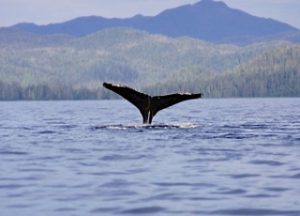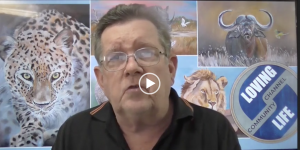Foreword
For some time CHASA has observed certain events within the legislative houses of the United Kingdom that have been concerning and even alarming regarding the issue of trophy hunting, and the import of hunting trophies. In particular, a debate which occurred in the Commons on 15 May 2019 lead us to write a formal response which was sent to the DEFRA Secretary and the participants of that debate amongst other recipients. We are thus grateful that a formal process to submit expert evidence has been made and humbly request that this submission be duly included and considered accordingly. We sincerely believe that our contribution is factual, honest and stems from the deepest knowledge of the subject matter at hand.
Any reader wishing to query points made, call for a reference or find further and deeper information is welcome to contact us with their queries.




